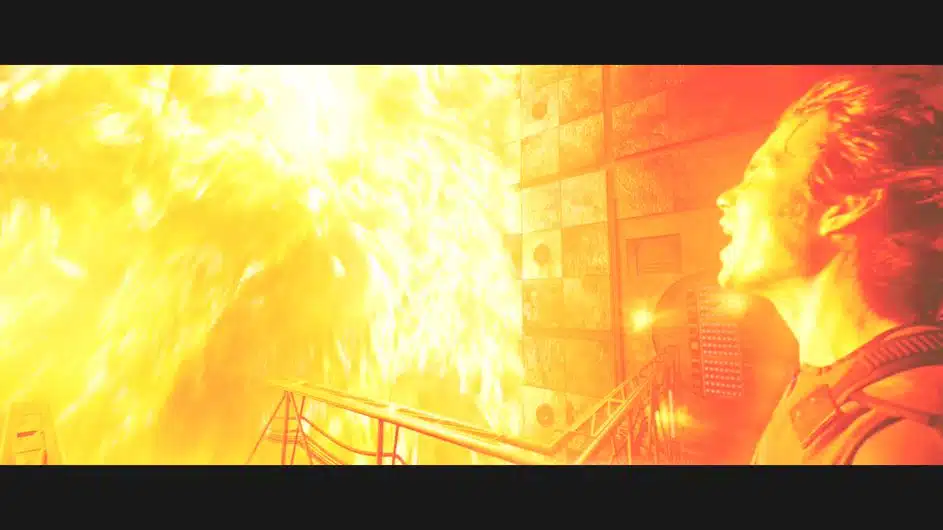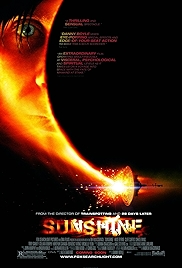A movie for every day of the year – a good one
15 February
Galileo Galilei born, 1564
On this day in 1564, the astronomer, mathematician and physicist Galileo Galilei was born. He was most famous for advocating the Copernican view of the solar system, which put the sun at the centre and had the planets orbiting about. This was in stark contradiction of the Church view, which had the earth at the centre, and also the Tychonic system (earth at centre, sun orbiting earth, other planets orbiting the sun). Galileo was an accomplished lutenist, like his father, and also considered the priesthood before choosing the life scientific. He had studied medicine before switching to mathematics and natural philosophy, before going on the become an instructor in drawing and perspective. Before the age of 30 he was a professor of mathematics in Pisa, then moved to Padua where he also taught astronomy. From around 1616 until he was ordered to Rome to stand trial in 1633, Galileo’s views on heliocentrism had been bringing him increasingly into conflict with the Church. Galileo was tried by the Inquisition, threatened with torture and finally found guilty of heresy. He was forced to recant his beliefs, sentenced to house arrest and his books were banned. He lived another nine years. In 1992, after an investigation into the workings of the Inquisition, the Church agreed that Galileo was right.
Sunshine (2007, dir: Danny Boyle)
Visually driven films often seem to fall by the wayside – where’s the plot, man? – and so it is with one of Danny Boyle’s more interesting films, a sci-fi adventure about a mission to reboot the sun, which according to Sunshine has started dying about five billion years ahead of time.
It’s true that there isn’t much plot, but this is a film that’s all about texture. It’s also all about classic high modernist sci-fi, the entire thing being a homage to the Kubrick world that Alien destroyed and Sunshine tries to give us back – of people on the cusp of thrilling new knowledge, living in an aseptic environment of filtered air, white space suits, the full brave new world shtick. Boyle references Alien, just to let us know he’s seen it, and there’s also touches familiar from Blade Runner, Dark Star and Tarkovsky’s Solaris. But it’s 2001: A Space Odyssey that’s highest in the mix. Which does tend to push human beings towards the background a bit, and for much of the time Cillian Murphy, Rose Bynre, Chris Evans, Troy Garity, Michelle Yeoh and the rest of the internationally assorted crew of the Icarus II seem to be functioning like actual astronauts rather than characters in an action movie, which is what the genre has led us to expect. And then we get the turning point – a message from the supposedly disappeared Icarus I, which has been loitering around the backside of Mercury (or something). What to do? Go get them, or continue with the mission? Continue with the mission is the obvious answer, and Boyle and writer Alex Garland’s film spends a lot of time effectively analysing Hollywood’s tendency to abandon high ideals at moments like this and save the thing with the cutest eyes. Principles, thought, intelligence.
But never mind all that, Sunshine is at its purest when it concentrates on the orb itself – Boyle had surely seen Olafur Eliassson’s huge sun in the art installation The Weather Project at Tate Modern in London, UK (late 2003-early 2004) – with Alwin Küchle’s camera giving us shot after awe-inspiring shot of the monstrously huge disc flooding the spaceship with bleach-strong light. They’re on a suicide mission, these guys, though the closer they get to the sun, the more inclined everything in the film is to say, “yes, but what a way to go.”
Why Watch?
- The 28 Days Later team of Boyle and Garland back together
- Cinematography by Code 46 and Hanna’s Alwin Küchler
- An old-school modernist sci-fi
- Hot topic, cool treatment
Sunshine – at Amazon
I am an Amazon affiliate
© Steve Morrissey 2014

